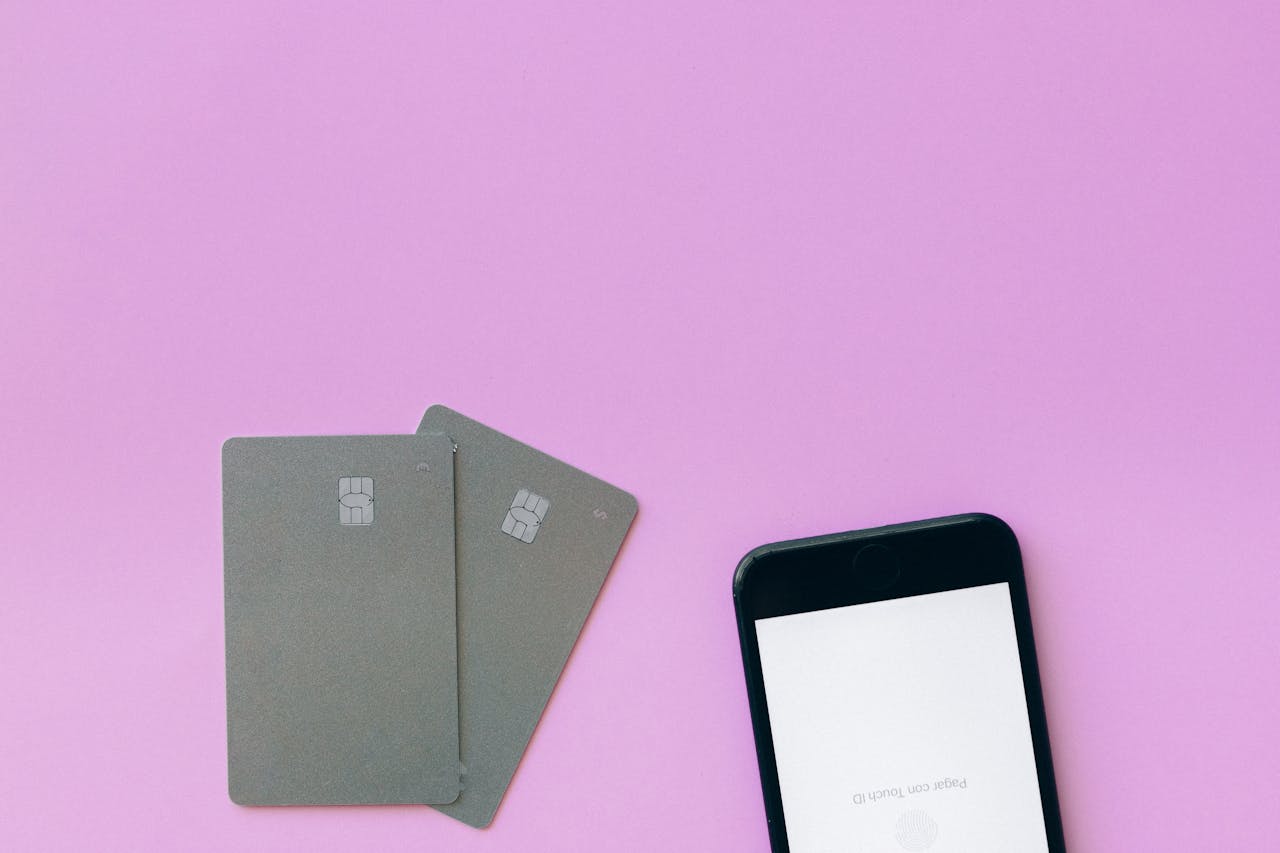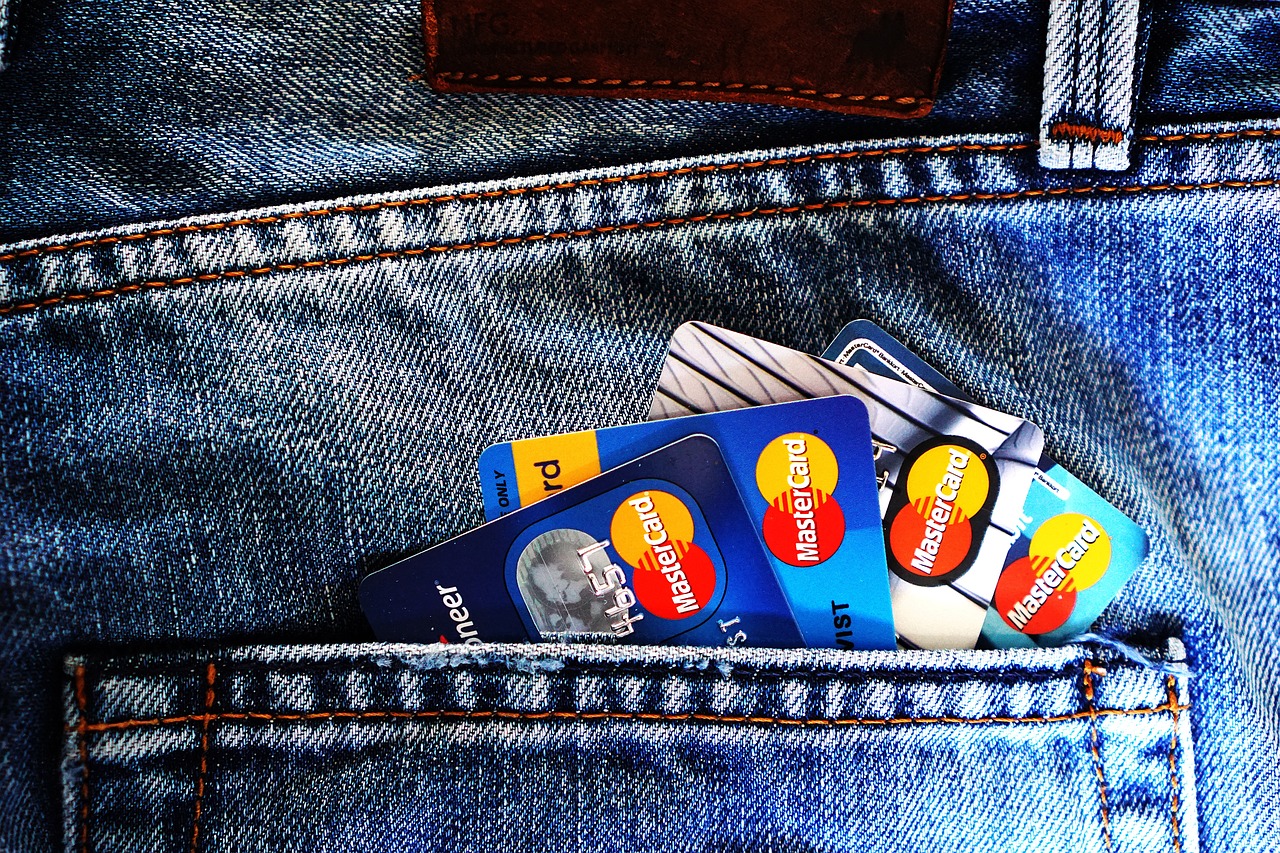Key Takeaways
- Secured credit cards, like the OpenSky® Secured Visa® Credit Card, let you set a credit limit up to $3,000 with a refundable security deposit, ensuring higher limits and guaranteed approval.
- Unsecured credit cards with initial limits up to $2,000 are rare for individuals with bad credit; however, cards like the Surge® Platinum Mastercard® may offer higher limits over time with responsible use, though approval isn’t guaranteed.
- Guaranteed approval credit cards often come with higher fees and interest rates; it’s crucial to review terms carefully and ensure timely payments to avoid additional costs and build credit effectively.
Secured credit cards are often marketed as having guaranteed approval, since borrowers provide a refundable security deposit (for example, $2,000) to open the account. Because the deposit reduces the lender’s risk, applicants are almost always approved, provided they meet basic requirements. Examples of $2000 limit credit cards with guaranteed approval are the OpenSky® Secured Visa® Credit Card, the Capital One® Secured Mastercard®, and the Discover it® Secured Credit Card.
Secured and unsecured credit cards are a popular borrowing choice for lots of consumers, and they are usually the first type of credit account that most people have access to. So, it shouldn’t be too surprising to hear that more than 75% of U.S. households have at least one general-use credit card.1
When searching for credit card options, you’ll come across a few different kinds of cards; one category may be guaranteed approval credit cards. While some of these credit cards do as they are labeled—guarantee approval to applicants (which, if they do, are usually secured options), most credit cards look at credit scores and income for eligibility.
Thinking about one of these options for $2,000 but unsure whether they are right for you? Keep reading to get all the information you need.
The Basics of Guaranteed Approval Credit Cards
If you weren’t certain, guaranteed approval with credit cards is usually what it sounds like—you are guaranteed approval or have higher chances of approval. Because of this, they work a little differently from standard credit cards. Here are some characteristics that guaranteed approval credit cards typically have:
- They are usually secured, which means that you will have to have a deposit in order to secure these options. This helps protect the credit card issuer.
- There are usually no hard credit checks. Hard credit checks are an important part of most borrowing options; they let the lender examine your past credit history and credit score (important if a minimum credit score is required).
- Guaranteed approval credit cards have similar fee types, such as interest rates and annual fees, to other credit cards. However, in some cases, the fees may be higher than standard options.
- Depending on your financial situation, you may have to work your way up to a credit limit of $2,000. To get a credit limit increase, make sure to make your monthly payments on time.
- Some lenders may or may not have a minimum credit score required as well as an income requirement.
- These credit cards are usually best used for credit-building purposes. Most credit card companies report to the three major credit bureaus, which can be helpful if you make your payments on time.
- They may not have as many rewards as standard credit cards.
- As mentioned above, there may be a security deposit involved—sometimes a refundable security deposit.
As you can see, there are some major differences between standard credit cards and guaranteed approval credit cards. By knowing some of the basics, you can easily learn more about these options to figure out whether they are right for you.
Guaranteed Credit Card Options That Have a $2,000 Credit Limit
A $2,000 credit limit can be difficult to secure with guaranteed approval. However, there are some options that you can use to build up to that higher credit limit. Here are some guaranteed credit card options that could have a $2,000 credit limit or higher:
| Card Type | Card Name | Initial Credit Limit | Notes |
| Secured Credit Card | Discover it® Secured Credit Card | Based on security deposit (min $200) | Potential credit limit increase or graduation to unsecured after 7 months. |
| Secured Credit Card | Capital One® Secured Mastercard® | $200 with a deposit ($49, $99, or $200) | Potential for credit limit increase over time. |
| Secured Credit Card | OpenSky® Secured Visa® Credit Card | Based on deposit (up to $3000) | No credit check required. |
| Unsecured Credit Card | Credit One Bank® Platinum Visa® for Rebuilding Credit | $300 initially, potential for $2000+ higher credit line | Not guaranteed approval, but higher limit potential over time with positive payment history. |
| Store Credit Card | Walmart or Amazon Store Credit Cards | Up to $2000+ | More lenient approval processes; higher initial limits based on creditworthiness. |
Things to Consider Before Getting a $2000 Limit Credit Card
Now that you know more about guaranteed approval, we’ll go over some of the things you should consider before opting for a card with a $2,000 credit limit.
Can You Afford Your Card?
The first thing you need to consider is whether you can afford to make your credit card payment if you do decide to take out another credit card. Your credit card monthly payments will be dependent on your card balance. If you plan on using the full $2,000 credit limit, you should be prepared for a higher monthly payment. Missing even a single payment can mean fees, hurting your credit score and credit history.
How Will This New Credit Card Impact Your Credit Score and Credit History?
Another thing that is essential to think about is how your new credit card will impact your current credit history and credit score. There are a few different ways a new credit card can affect your credit scores with the three major credit bureaus, along with your credit history:
Your Credit Utilization Ratio
Your credit utilization ratio measures your existing debt against your available credit. Initially, adding a new credit card to your credit portfolio can help your credit utilization ratio. Once you do start using your credit card, you’ll see an impact on both aspects of your credit utilization ratio—an increase in your existing debt and a decrease in your available credit, which, if significant, can hurt your credit scores. While a small increase in debt and a large increase in available balance can actually help your scores. Something to be mindful of.
New Hard Credit Inquiries
When you inquire about most credit cards, you may have to go through a hard credit check. Multiple of these in a short period of time can hurt your credit scores.
Payment History
Payment history with your credit card is also another important aspect to be mindful of. Whatever credit card option you choose, it’s essential to ensure that you make your monthly payments on time. Payment history is the most significant factor that impacts your credit scores, so it’s important to keep on top of that.
Your Current Credit Portfolio
All of the credit accounts that you take out will appear on your credit report; this includes credit cards. These credit accounts make up your credit mix (which looks at the different types of credit accounts you have on your credit reports). Having too much of the same kind of debt can hurt your mix, and so if you already have lots of credit card debt, you may want to consider a different option.
Tips on Using Your 2000 Credit Card
If you do decide to move forward with a credit card that has a $2,000 credit limit or higher, here are some tips you can use:
Try to Pay off Your Credit Card Balances by the End of Your Billing Cycle
It can be helpful to pay off your credit card before the end of our billing cycle; with a balance of zero, there will be no interest charged on the credit card. This can mean getting all the benefits of your credit card without having to pay interest.
Make Your Credit Card Payment on Time
We’ve repeated this before, but we cannot emphasize enough the importance of making your credit card payment on time. It can save you money and prevent damage to your credit score.
Get the Most Out of Your Credit Card Rewards
While guaranteed credit cards usually don’t come with rewards, most standard credit cards do. By using these rewards strategically, you can look forward to all kinds of benefits, including cash back.
Managing Your Credit Card Debt
Credit card debt is often the leading cause of excessive debt for many Americans, and it can be extremely easy to overspend with them. One of the best tips you can follow is to be responsible with your credit card.
How A Secured Credit Card Can Help You Build Credit?
Let’s go back to secured credit cards for a minute because most guaranteed credit cards are usually secured. Secured credit cards are meant to help you build your credit score and credit history. How does this work exactly? Well, there are a few different ways that a secured credit card can help you build your credit score:
- It can help you improve or build a positive payment history — When you get a secured credit card, you can have access to building payment history, which can be difficult to get with no or poor credit. With this, as long as you make your payments on time, and as long as they are reported to one or more of the major credit bureaus, then you can build a positive payment history.
- You can increase your available credit, especially if you don’t use max out your credit card — Adding another credit card to your credit portfolio can initially be helpful because it will increase the amount of available credit that you have. Which can help boost your score and mean more credit opportunities in the future.
- It can help diversify your credit mix — If you don’t already have a credit card or just one or two, then adding another one to your credit portfolio can help your credit.
- Can help your credit length — One important factor that helps your credit is the length of your credit history. Having a longer credit history can look good to future creditors.
- It can help you learn responsible credit habits — A secured credit card can be a great place to start when you are just learning about handling credit. It comes with much less risk of overspending and you may be more likely to think twice before using your card because you have to make the payments beforehand!
Alternatives to Guaranteed Credit Cards and Credit Cards in General
Inquiring with credit card issuers is not your only option when it comes to borrowing $2,000. Here are some alternatives you can look into:
Secured Loans
Secured loans use collateral, which can mean an easier time of approval with a bad credit score. If you need $2,000, you can increase your chances of approval by providing collateral whose value is as close to $2,000 as possible.
Installment Loans
Installment loans can be any loan that has steady monthly payments. One popular type of installment loan is a personal loan. You can find installment loans online or in person with banks, credit unions, and online lenders. Some lenders, like banks, may have a minimum credit score required to apply, while online lenders may be more flexible with a minimum credit score. Unlike a credit card, an installment loan can be a more predictable option and better for those who tend to overspend.
Buy Now Pay Later (BNPL) Options
BNPL services, such as Affirm, Afterpay, and Klarna, allow you to finance the cost of purchase. Some of these services have a soft credit check as a part of their process. The way these work is pretty simple: you create an account with them, sometimes move forward with a soft credit check, and then you’ll get essentially a “credit limit,” which is the amount you can finance. The charge will usually be split up into a few installments, which will be charged to the card or account you have on file. Some services may charge interest, while others are interest-free.
In-Store Financing
Many retailers offer in-store financing, which can be helpful if you are looking to borrow money for a specific purchase. There may not be a soft or hard credit check with the process. With this, you’ll usually pay for your purchase in installments.
Borrowing from Friends and Family
Another thing that you can do is borrow funds from friends or family. Although this may be a little awkward, if it is an option, it can mean saving on interest and having flexibility with repayment.
Selling Some Stuff
Selling things that you don’t need any longer can be another good way to get funds when you need them. Most of us have things that have some value that we could part with if needed, and doing so can help.
Get a Side Gig
A side gig can be a great way to earn some extra money so you can avoid taking on additional debt that you may be able to avoid. There are all kinds of side gigs that you may be able to look into like dog walking, tutoring, copywriting, and more.
FAQs
Guaranteed approval credit cards typically do not have a minimum credit score required. These cards are designed for individuals with poor or no credit history, and they often rely on a security deposit rather than a credit score for approval.
Most guaranteed approval credit cards report your payment history to the three major credit bureaus: Equifax, Experian, and TransUnion. This helps build your credit score if you make timely payments.
The initial credit limit for a secured credit card is usually equal to the amount of your security deposit. For example, if you deposit $500, your initial credit limit will typically be $500.
Yes, many secured credit card issuers offer credit limit increases over time. This can happen after demonstrating responsible use and making on-time payments. Some cards, like the Discover it® Secured Credit Card, may increase your limit or graduate you to an unsecured card after a review period.
Yes, the security deposit for a secured credit card is usually refundable. If you close your account in good standing or if your card issuer upgrades you to an unsecured credit card, you will receive your security deposit back.
Secured credit cards often come with fees similar to standard credit cards, such as annual fees, late payment fees, and interest rates. However, the fees may be higher due to the higher risk associated with these cards. For example, the OpenSky® Secured Visa® Credit Card has an annual fee that users should consider.
Yes, using a secured Visa credit card responsibly can help you build your own credit line. By making regular, on-time payments and keeping your balance low, you can improve your credit score and potentially qualify for higher credit lines and unsecured credit cards in the future.
The Bottom Line With CreditNinja
At CreditNinja, we want you to be informed about your financial decisions. If you are considering applying for a guaranteed approval credit card that comes with a $2,000 limit, you should be aware that it can impact your credit and that these credit cards may not work like traditional credit card options. Lastly, you should be aware that even a secured credit card can lead to unmanageable debt if handled irresponsibly. With these things in mind you can be confident with whatever borrowing option you choose.
References:
Nooreen brings over nine years of experience as a financial writer and editor, including six years in FinTech and three years at CreditNinja. Nooreen earned her BA in English Language and Literature. She is a member of the American Bankers Association® Frontline Compliance program, having completed over 24 ABA certification programs. Her professional skill set also includes certifications in email marketing and a certificate in UX writing and design.






